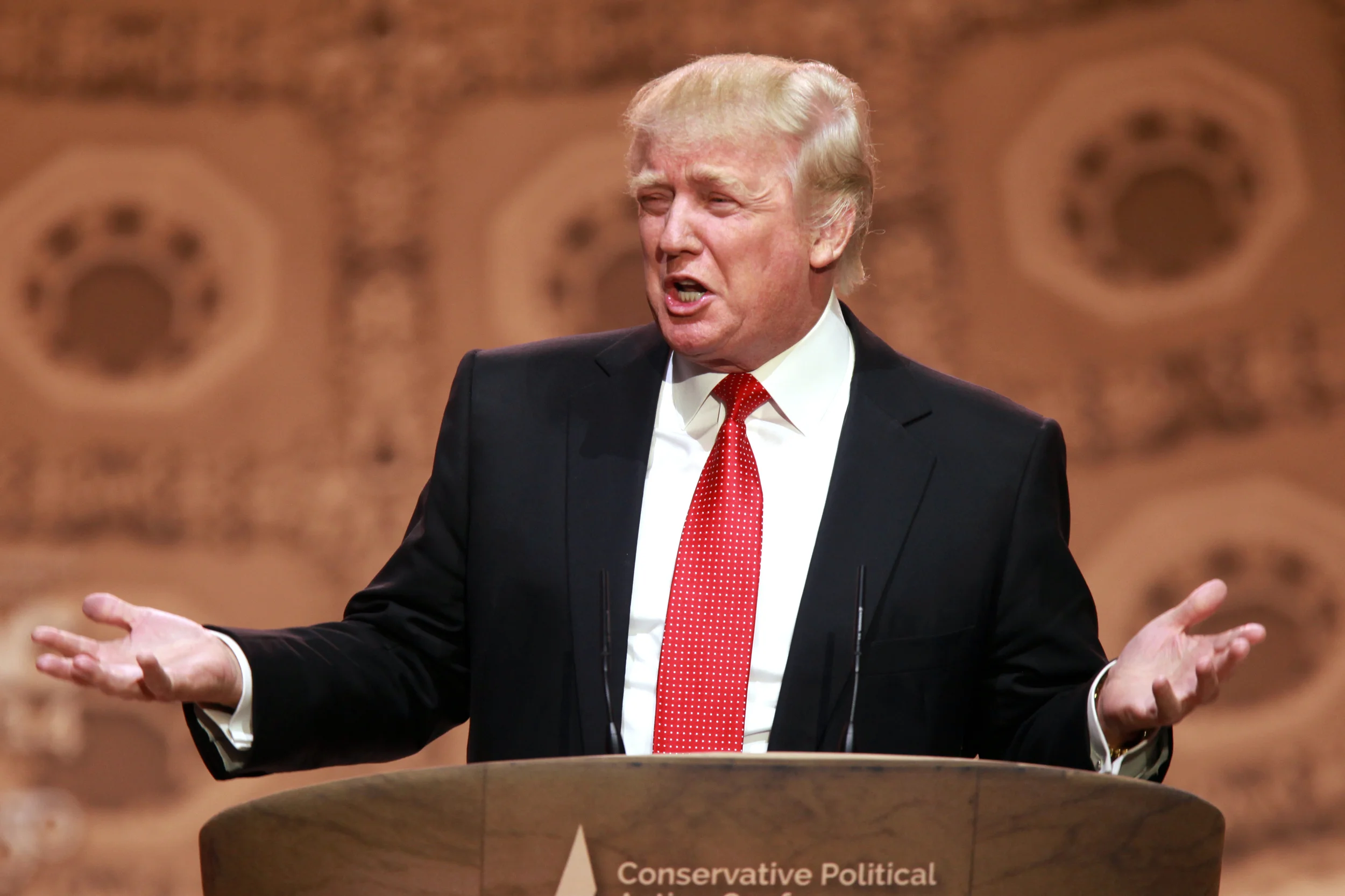Taylor Yu
Videos like this are why the internet is a great, great thing. For those of you too lazy to click the link, it’s a three-minute clip of Donald Trump - the billionaire/reality TV star/’politician’ whose unbearable personality and equally unbearable hairdo have somehow propelled him into the forefront of the US elections race – just saying the word ‘China’. Over and over again.
I’ve no shame in saying that I found this way funnier than I should’ve, but it did get me thinking: what does this man actually want from China? Beyond all the jokes and the weirdly hilarious video-compilations that currently constitute the only media coverage of Trump that I actually care about, was there much substance or practicality behind Trump’s very much explicit dislike for China? Would China-bashing make America great again?
No, not really. In fact, it’s so unlikely to help the United States that the China Press, a Chinese-language newspaper based in the States, recently referred to Trump as ‘China’s secret agent in America’.
Let’s start with the 45% tariff on exports that Trump has proposed as part of his campaign. In theory, this would protect American jobs and promote American business; in reality, the implementation of such a drastic measure would set in motion an avalanche of global economic consequences. Basic economic intuition suggests that higher import taxes equate to higher prices, especially in a large open economy like that of the United States. Shrinking sales of Chinese products would not only hurt the average American consumer, but also damage American businesses who are actually heavily involved in the production and distribution process of goods that are ‘made in China’. Hufbauer and Lowry at the Peterson Institute for International Economics studied the impact of a 35% tariff imposed on Chinese tire imports by Washington in 2009 and discovered that for American consumers had to spend $900,000 dollars more on tires for every job saved - a trade-off scary enough to keep policymakers up at night.
If Trump’s wish is to strengthen the United States by weakening China, then this policy might work in an alternate universe in which the major economies weren’t connected in any way – one only needs to look at the relationship between the recent performance of the financial markets and China’s declining growth to comprehend the influence that China’s economic downfall may have the global economy. All of this, in addition to the fact that there would be nothing to stop the notoriously impulsive and unpredictable Chinese government to set up tariffs of its own on American goods and services, clearly suggest that Trump’s proposed tariff would only serve to undermine the United States.
What about in the wider context of the Wild Wild East arena? As a recent article in The Diplomat suggested, ‘the United States simply cannot be made great again by defining its closest global relationships purely in transactional terms or by insisting on going it alone while making others pay’. For years, Trump has argued for colder relations with Japan, who currently serves as the United States’ fourth-largest trading partner’, as well as South Korea, claiming that the United States should consider withdrawing its troops if Japan and South Korea don’t pay more for their upkeep. I don’t know what’s more concerning: the fact that the $2 billion Japan pays annually toward the upkeep of U.S. troops isn’t enough, or the fact that Trump cannot see that withdrawing from Asia would only play to China’s favour, giving it more leverage in future negotiations and allowing it to dictate terms in the Asian sphere.
The United States have spent years trying to build up a strong presence in Asia – with Trump at the helm, all of this may potentially vanish for the sake of ‘making America great again’ and at the expense of stability between two of the world’s great powers. It’s a thought that makes the video linked above a little less funny and a lot more frightening.
Photograph: Donald Trump via photopin (license)

